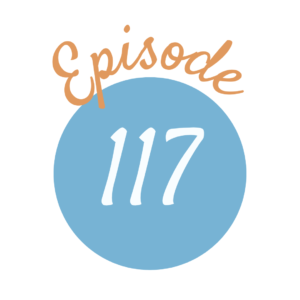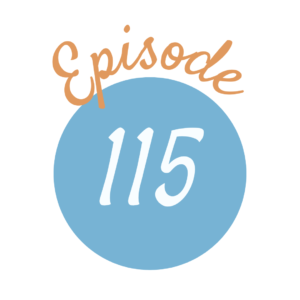
Listen Now:
“System leads Nature: assists, supplements, rushes in to undertake those very tasks which Nature has made her own since the world was. Does Nature endow every young thing, child or kitten, with a wonderful capacity for inventive play? Nay, but, says System, I can help here; I will invent games for the child and help his plays, and make more use of this power of his than unaided Nature knows how. So Dame System teaches the child to play, and he enjoys it; but, alas, there is no play in him, no initiative, when he is left to himself; and so on, all along the lines. System teaches the child to play, and he enjoys it; but, alas, there is no play in him, no initiative, when he is left to himself; and so on, all along the lines. System is fussy and zealous and produces enormous results––in the teacher!” (2/168-169)
“Ideas alone matter in Education––The whole subject is profound, but as practical as it is profound. We must disabuse our minds of the theory that the functions of education are, in the main, gymnastic. In the early years of the child’s life it makes, perhaps, little apparent difference whether his parents start with the notion that to educate is to fill a receptacle, inscribe a tablet, mould plastic matter, or nourish a life; but in the end we shall find that only those ideas which have fed his life are taken into the being of the child; all the rest is thrown away, or worse, is like sawdust in the system, an impediment and an injury to the vital processes.” (2/38)
“This, of getting ideas out of them, is by no means all we must do with books. ‘In all labour there is profit,’ at any rate in some labour; and the labour of thought is what his book must induce in the child.” (3/179)
“These few hints by no means cover the disciplinary uses of a good school-book; but let us be careful that our disciplinary devices, and our mechanical devices to secure and tabulate the substance of knowledge, do not come between the children and that which is the soul of the book, the living thought it contains.” (3/181)
“It cannot be too often said that information is not education.” (3/169)
“The main thing, however, is to lead the children to see what is around them, and to enter into the life of all living beings. In this way they will learn to look upon nature as part of the one great scheme under which we all live, doing each our own work, for the good of all, as best we may; that by our efforts we may both improve ourselves and help others, leaving the results to the Great Being in whom we live and move.” (Buckley, Arabella B. “Training of Children in Observation of Nature.” The Parents’ Review, vol. 7, 1896, p. 459
System vs. Method: Home Education, Volume 1, pp. 6-10; Parents and Children, Volume 2, pp. 168-170
Our Island Story, H.E. Marshall
The Door in the Wall, Marguerite de Angeli
Arabella Buckley’s Eyes and No Eyes Series
Among the Pond People, Clara Dillingham Pierson
Sabbath Mood Homeschool Living Science Study Guides
Episode 12: Chronology of History
Time-Tools: Episode 15: History Things and Episode 112: Notebooks and Paperwork, Part 2
Nicole’s article on Nature Study seeming like a foreign language








